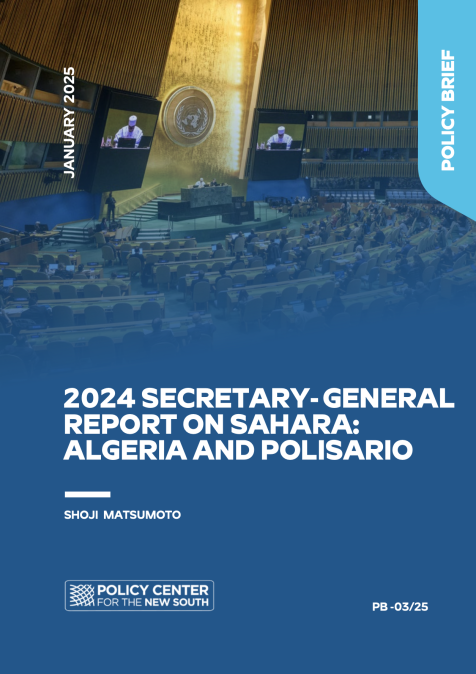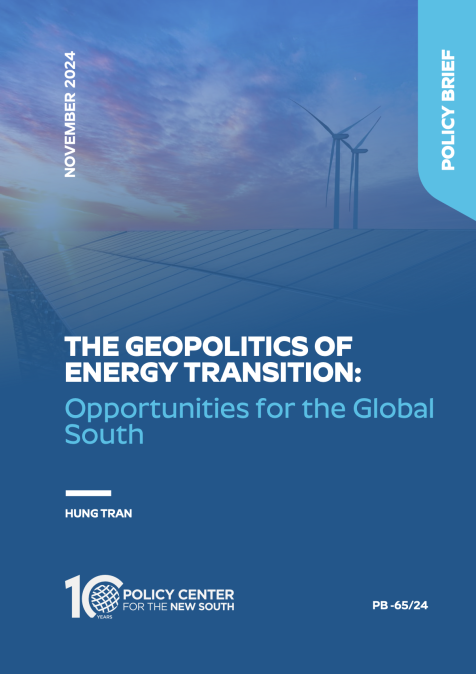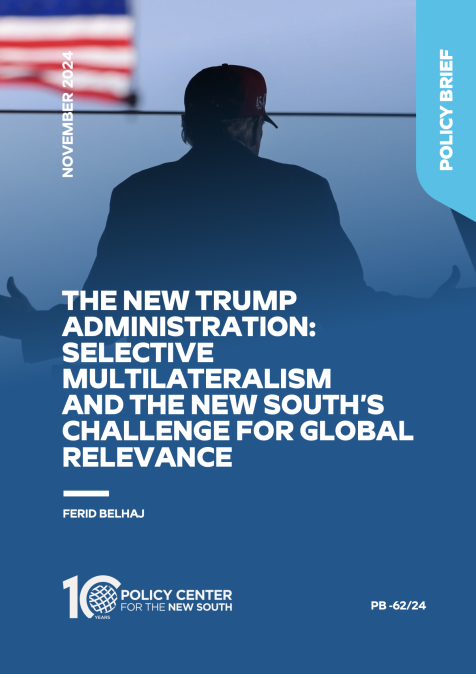Podcasts
The Migrant Integration Policy Index IV
14
July
2015
Related topics:
This podcast is performed by Elena Sanchez. This briefing will discuss the new edition of the “Migrant Integration Policy Index” (MIPEX), updated in 2015. This Index tries to measure and compare integration policies in 39 countries, using 150 indicators. MIPEX creates a picture of migrants’ opportunities to participate in society.










